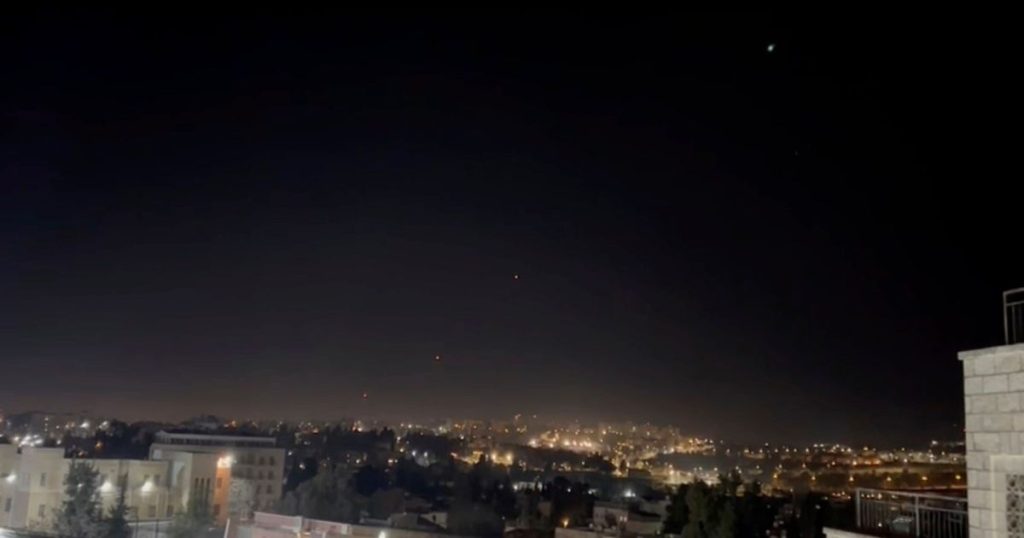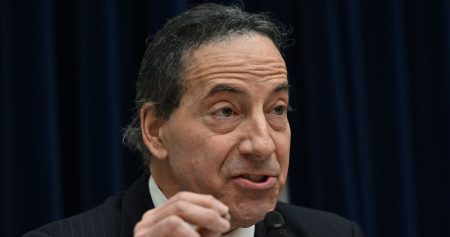Israel successfully defended against an unprecedented attack by Iran, intercepting 99% of more than 300 drones and missiles launched towards its territory. U.S. President Joe Biden announced plans to convene a meeting of G7 nations to coordinate a diplomatic response to Iran’s attack, indicating a desire to avoid further military escalation. The attack was in response to an Israeli strike on an Iranian consular building in Syria, and was the first direct military assault by Iran on Israel. While the airstrike was successfully defended against, tensions remain high in the region.
Israel’s established air-defense network, with assistance from the United States, played a key role in thwarting the Iranian assault. The system is capable of intercepting various threats, including long-range missiles, cruise missiles, drones, and short-range rockets. The successful defense was seen as a significant achievement for Israel, particularly in contrast to recent failures against Hamas. Israeli officials praised the response to the attack, with Prime Minister Benjamin Netanyahu and Defense Minister Yoav Gallant expressing gratitude for the assistance provided by the U.S. and other countries.
Despite the successful defense, concerns remain over potential further escalation in the region. President Biden emphasized the need for a unified response from allies and highlighted Israel’s ability to defend against unprecedented attacks. Should Israel decide to take further action, it will be closely monitored by both regional players and Western capitals. The U.S. has made it clear that it will not participate in any offensive action against Iran and is focused on de-escalation and diplomacy.
Negotiations for a cease-fire in Gaza, where Israel has been engaged in a six-month war against Hamas militants, have hit a setback. Hamas rejected a proposal for a deal that would involve prisoner exchanges in exchange for a cease-fire. Iran-backed groups in the region have expressed support for Hamas in its conflict with Israel. The ongoing conflict has also led to exchanges of fire between Israel and Hezbollah, as well as rocket attacks from Iranian-backed groups in Iraq, Syria, and Yemen towards Israel.
The U.S. and its allies have issued warnings to Iran regarding further escalation, with the G7 set to discuss the Iranian strikes against Israel in a video conference. Iran has issued threats against the U.S., warning against any support for actions detrimental to Iranian interests. While the immediate threat from the Iranian attack has subsided, the situation remains volatile, with potential for further escalation if not managed carefully. The region continues to be on edge, with concerns over potential retaliation from various parties involved in the conflict.
The aftermath of the attack underscores the complex geopolitical dynamics at play in the Middle East, with Israel, Iran, and various proxy groups vying for power and influence in the region. The successful defense against the Iranian assault has bolstered Israel’s image, but the next steps taken by all parties involved will be crucial in determining the future course of the conflict. Diplomacy and de-escalation efforts will be essential in preventing further violence and instability in the region.












